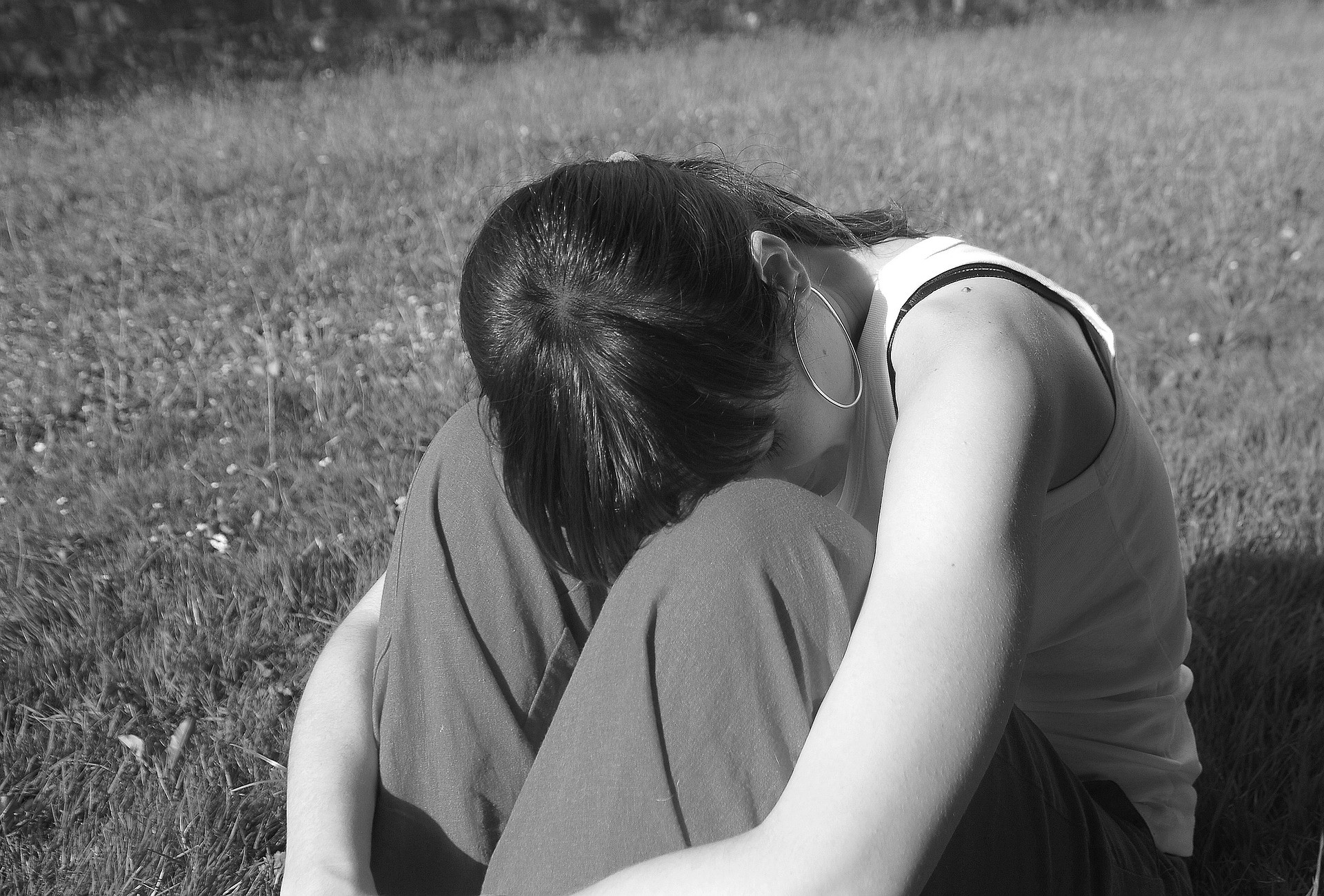Dear Stress, Let’s Break Up!
Self-care, self-help, and coaching are not just buzzwords—they are lifelines when you’re stressed. In fact, self-care for the stressed can be the difference between burnout and balance.
Why Stress Is Serious
We’ve all heard the phrase “stress is a killer.” Unfortunately, it’s true. Stress can manifest in emotional and physical ways that, over time, may lead to depression, anxiety, or even life-threatening illness.
If you’ve been under pressure for an extended period and start to see physical symptoms, don’t ignore them. This is your body’s way of signaling “dis-ease.” Left unaddressed, this can turn into actual disease.
A Lesson From Brenda
One of my best friends, Brenda, first taught me about “dis-ease” shortly before she passed away from leukemia. She admitted she had ignored symptoms that came from being unhappy and stressed. Brenda believed cancer was invited into her body because she didn’t improve her situation soon enough.
Her story is a reminder to practice what another friend calls “radical self-care.” When we think about self-care for the stressed, it’s not a luxury—it’s a necessity.
Signs You May Be Under Too Much Stress
Prolonged stress often comes with warning signs. Take note if you’ve experienced any of these for an extended period:
-
Frequent headaches
-
Fatigue
-
Digestive issues
-
Sleep problems
-
Depression
-
Low or no sex drive
-
Feeling overwhelmed
-
Irritability or anger
These signals aren’t just inconveniences—they’re your body’s call for help.
Boundaries as a Form of Self-Care
When you’re in a high-stress season, treat yourself with extra care. And don’t feel guilty about it. This is one of the core principles of self-care for the stressed.
Part of this involves setting healthy boundaries. Many of my coaching clients struggle with saying “no,” which leaves them overextended and depleted.
A close friend of mine, who lost his daughter in a motorcycle accident, had to make difficult choices to protect his mental health. He turned down an international job opportunity, choosing instead to focus on exercise, journaling, and staying connected to loved ones.
Common Causes of Stress
Stressful events can take many forms. The most common include:
-
Death of a loved one
-
Divorce, separation, or frequent conflict
-
Job loss
-
Personal injury or illness
-
Moving to a new home
-
Major life transitions, such as becoming a parent or starting a new career
Even positive changes can be stressful. That’s why planning self-care for the stressed is essential during these times.
Let People In
Don’t hide your stress. Let trusted friends and family know so they can support you. Vulnerability strengthens relationships and makes it easier for others to share their struggles, too.
Stress Isn’t a Solo Battle
Please don’t take stress lightly. Invest in your personal growth, and if needed, seek help from a personal development coach or therapist.
At its core, self-care for the stressed is about creating a support system, setting boundaries, and making your well-being non-negotiable. It’s not selfish—it’s survival.
Written by Chandra Lynn









